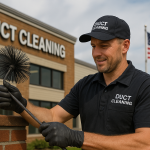Drain Repair Bracknell – What I’ve Learned Living Here
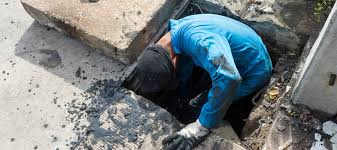
Table of Contents
ToggleWhen I first had to deal with Drain repair Bracknell, I honestly didn’t know where to start. A blocked or damaged drain can feel like a small problem, but when ignored, it quickly grows into something much worse. From water pooling in the garden to slow draining sinks, these issues are more common than people realise. I learned through experience that knowing the warning signs, choosing the right solutions, and taking small steps to maintain drains can save time, stress, and money.
How I First Realised Drain Problems Can’t Be Ignored
Like many homeowners, I only paid attention to drains when they stopped working. One day, the bath water wouldn’t clear properly, and I assumed it was a simple blockage. A few weeks later, I noticed damp patches outside near the garden wall. That’s when it became clear the issue was more serious. By the time I got help, I learned that even minor cracks in pipes can lead to bigger repairs if not handled quickly. That was my first real experience with drain repair in Bracknell.
Common Drain Issues I’ve Seen in Bracknell
Over the years, I’ve spoken to neighbours, local plumbers, and specialists, and I’ve noticed that certain problems appear often in this area.
- Blocked pipes – usually caused by food waste, grease, hair, or even tree roots pushing into the system.
- Slow drainage – when sinks, showers, or toilets take longer to empty, it usually points to a partial blockage or build-up in the pipes.
- Unpleasant smells – foul odours can rise from drains when debris gets stuck or pipes crack.
- Surface flooding – when heavy rain meets blocked or damaged drains, the water often comes back up and causes patches of flooding.
- Cracks and leaks – these are harder to spot but can lead to damp areas around the property or even damage to the structure.
Knowing these signs early makes it easier to act before the damage becomes too big.
Repair Options I’ve Learned About
When I first called for help, I was surprised by the number of solutions available. I expected only digging and replacing, but modern methods made repairs faster and less disruptive.
Traditional Excavation
This is the option I’d call “last resort.” It involves digging up the area around the pipe to repair or replace the damaged section. While effective, it can take longer and cause more disruption to gardens or driveways.
Drain Lining
I found this to be a smarter choice in many cases. Instead of digging, a flexible liner is placed inside the old pipe. Once set, it creates a new inner surface that seals cracks and strengthens the pipe. It’s often called a “no-dig” solution, and it works well for small to medium damage.
Patch Repairs
If only a small section of the Drain repair Bracknell is damaged, patch lining can fix just that area instead of the whole pipe. This makes repairs faster and more affordable.
CCTV Surveys
This was new to me, but it made sense. A small camera is pushed through the pipes to locate the exact problem. It avoids guesswork and helps decide which repair option works best.
Why Acting Quickly Saved Me Stress
One of the biggest lessons I learned was that waiting makes things worse. A small blockage or crack doesn’t stay that way for long. In my case, I delayed fixing a small problem, which later became a larger job. Acting quickly often means repairs are cheaper, easier, and less disruptive. If you live in Bracknell and spot even small signs, I’d say don’t wait until water starts pooling or walls become damp.
How I Maintain My Drains Now
After my own repair experience, I decided to change how I looked after drains. These simple steps have helped me avoid big problems:
- Watching what goes down the sink – no grease, oil, or large food scraps.
- Using drain guards – cheap filters that catch hair, food, and other debris before they cause blockages.
- Cleaning regularly – hot water flushes and simple baking soda solutions keep things clear.
- Checking outside drains – after heavy rain or storms, I clear leaves and debris from outdoor drains.
- Getting occasional surveys – a professional inspection every couple of years helps spot hidden problems.
These small steps make a big difference, especially in an area like Bracknell where tree roots and older pipes can cause trouble.
My Thoughts on Choosing Local Help
Finding the right people for the job matters. There are many options, but not all are equal. I’ve found it’s best to ask these questions before choosing:
- Do they offer CCTV surveys before starting repairs?
- Are they experienced with no-dig methods like drain lining?
- Do they provide a clear cost estimate upfront?
- Are they available for emergency callouts if needed?
In my own case, I only used Drain repair Bracknell twice when the problems were beyond my control, and the service taught me a lot about the process. I still do smaller maintenance myself, but for bigger jobs, I know when to call specialists.
What I’ve Learned About Costs
People often ask me what repairs cost, and from my own experience, I’ve learned that it depends on the scale of the issue. A simple blockage may only cost a modest fee, while full excavation can run much higher. No-dig repairs, like lining or patching, usually fall somewhere in between but save money compared to digging. My advice is to always get a survey first so there are no surprises
Final Thoughts from My Own Experience
Living in Bracknell has shown me that drains are one of those things you don’t think about until they cause trouble. My journey with drain repair taught me that spotting early signs, acting quickly, and choosing the right repair method makes all the difference. What felt like a nightmare at first has turned into knowledge I now share with neighbours and friends. If you’re facing similar issues, I’d say don’t panic—help is available, and with the right steps, you can get your home back to normal.
FAQs
Q1. How do I know if my drain needs repairing?
Look out for slow draining sinks, unpleasant smells, damp patches near the home, or repeated blockages. These often mean the drain is cracked, blocked, or damaged.
Q2. Is no-dig drain repair reliable?
Yes, lining or patching methods are strong, long-lasting, and avoid the need for digging. Many of these repairs last for years and are less disruptive to gardens and driveways.
Q3. How often should drains be checked?
A full professional inspection every two to three years is usually enough, though you should call sooner if you notice signs of trouble.
- Arts & Style (100)
- Automobile (287)
- Business (5,665)
- Business and Entrepreneurship (165)
- Career Development (55)
- Climate & Environment (26)
- Creative (34)
- Culture (1,554)
- Beauty (281)
- Skincare (242)
- Cultural Studies (75)
- Digital Life (73)
- Energy Healing (31)
- Fashion (1,035)
- Clothing (696)
- Fashion Design (234)
- Philosophy (7)
- Morality (6)
- Religion (17)
- Sports (116)
- Beauty (281)
- Digital Marketing (342)
- DIY and Crafts (15)
- Economics (8)
- Education (1,279)
- Entertainment (198)
- Faith & Spiritual (10)
- Fashion and Beauty (155)
- Finance and Money Management (210)
- Fitness and Exercise (32)
- Food and Drink (170)
- Game (140)
- Health and Wellness (1,094)
- Home and Garden (388)
- Law (142)
- Lifestyle (1,371)
- Health (680)
- Home (388)
- Architecture (99)
- Interior Design (216)
- Rental Property (27)
- Pets (75)
- Relationships (70)
- Restaurants (19)
- Literature (7)
- Media (272)
- Packaging (41)
- Politics (1)
- Real Estate (257)
- Science and Nature (14)
- SEO (137)
- Social Media Marketing (51)
- Software Development (221)
- Sports and Fitness (44)
- Technology (844)
- Artificial Intelligence (239)
- Blockchain (61)
- Data Science (114)
- Gadgets (144)
- Security (139)
- Transportation (108)
- Travel & Tourism (747)
- Uncategorized (1,948)
- World (62)
- International (59)

Transform Your Space with Unique Wall Tile Shapes from Tiles and Deco
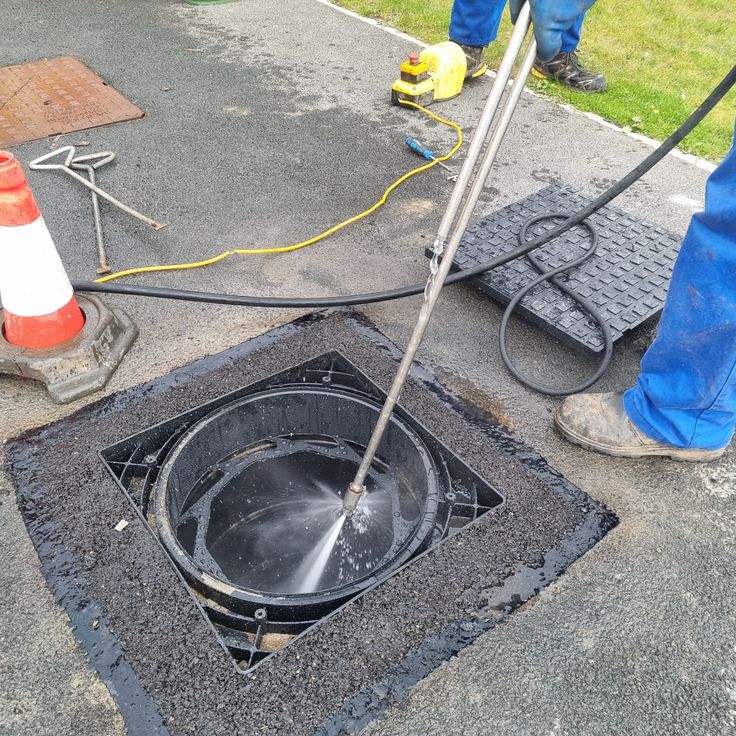
Trustworthy and Effective Drain Repair Buckinghamshire

Basketcase: The Art-Driven Label Turning Streetwear Inside Out.

Book Affordable Auckland Painting Services for a Stunning Makeover
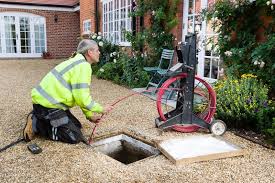
Blocked Drains Hounslow | Fast & Affordable Drain Care
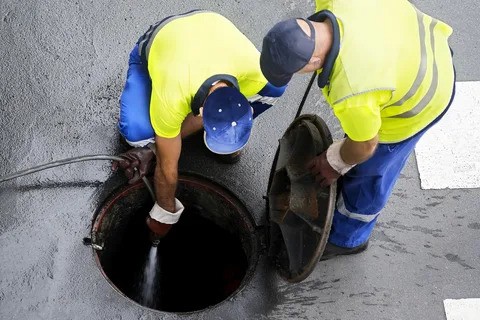
Drain Pipe Lining High Wycombe - Trusted Local Repair Now
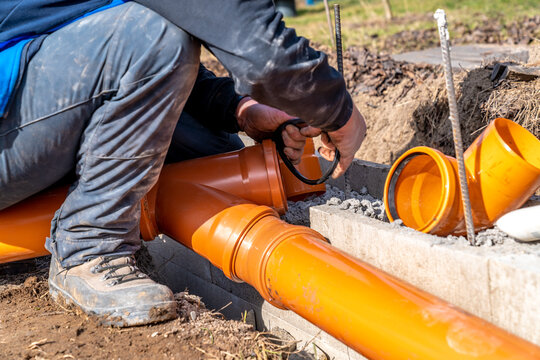
Reliable Drain Repair Services in Reading for Homes



